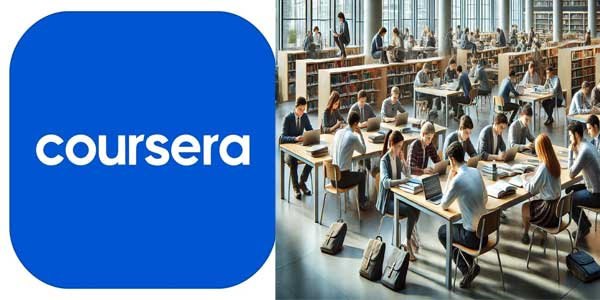According to a research by Coursera, not many students are using AI to complete their tasks and assignments than what the educators believe. The study was done on 1000 UK students and most of them are using AI to improve their tasks like research (56%), exam revision (43%), and written home work like assignments (39%)
The news about the research was published in fenews.co.uk
The research was done be Censuswide on behalf of Coursera. The data for the research was collected between 4th October 2024 to 14th October 2024. The data from nearly 500 educators was also taken.
Plenty of students (nearly 52%) confirmed though that their exam grades have improved ever since they have started using AI. Interestingly, even educators are using AI mostly for drafting correspondence, setting work for students, and also for planning lectures and tutorials.
AI is beneficial for higher education, believes Researchers
While not all but a whooping 85% of educators and 67% of students believe that using AI is tremendously helping them with their higher education in aspects of personalized learning, increased productivity and better support as per the research.
Students also opined that using AI significantly helps them to pass the exams easily. But there is also different opinion of almost 53% educators and 43% of students who believe that using AI help for university work should be deemed cheating.
Marni Baker Stein, Chief Content Officer at Coursera, commented: “This research shows AI is already delivering tangible benefits in higher education, from improved student grades to enhanced educator productivity. However, there is a notable gap between educators’ perceptions and actual student AI usage. This overestimation could lead to restrictive policies being put in place. Instead, universities should focus on developing comprehensive AI literacy programmes. Clear guidelines and proper training will not only protect academic integrity but also ensure graduates enter the workforce with the skills to leverage AI effectively in their careers.”



